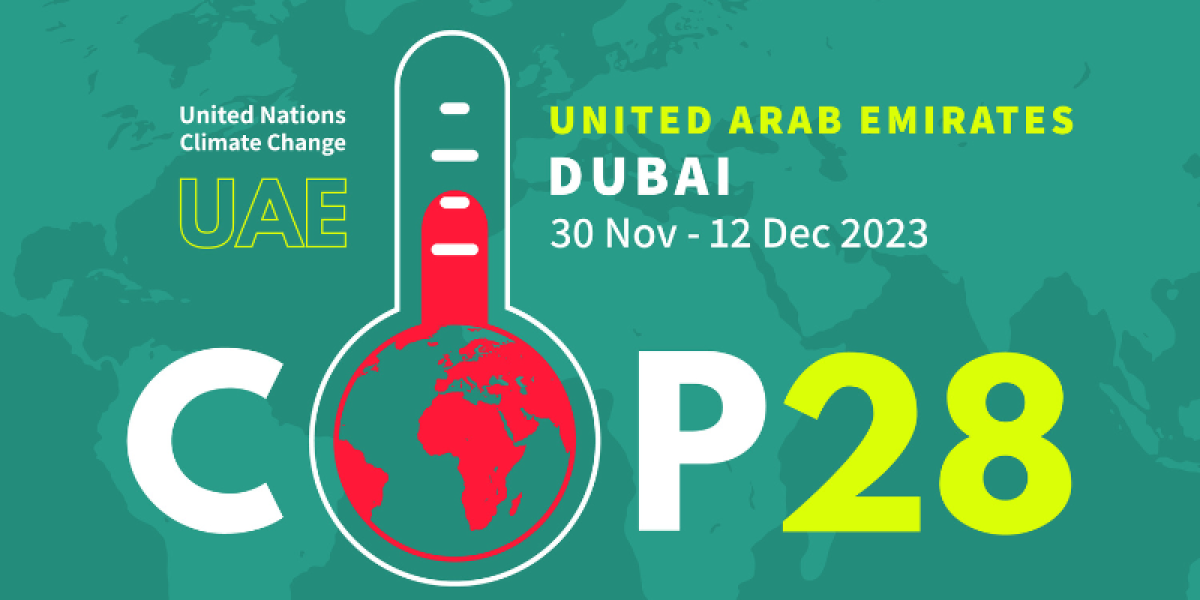COP28 Commitments: According to the IEA, Still Not Sufficient to Reach Climate Goals
The IEA analysis reveals a gap between current commitments and limiting global warming to +1.5°C

At the COP28 conference in Dubai, significant commitments were made in three main areas: renewable energy, energy efficiency, and methane emission reduction. These sectors are among the 5 critical areas identified by the International Energy Agency for the event.
COP28: About 130 Countries Committed to Tripling Renewable Energy Capacity
The IEA assessed the potential impact of these agreements on global greenhouse gas emissions from energy. It highlighted that, despite representing significant steps forward, they alone are not enough to achieve global climate goals, particularly limiting warming to 1.5°C.
About 130 countries, accounting for 40% of global CO2 emissions from fossil fuels, 37% of world energy consumption, and 56% of global GDP, have committed to tripling renewable energy capacity by 2030 and doubling energy efficiency annually until 2030.
Additionally, the IEA evaluated the impact of fully implementing the methane commitment of the Oil and Gas Methane Partnership 2.0. The 50 participating companies, representing 40% of global oil production and 35% of combined oil and gas production, have committed to eliminating methane emissions and routine flaring by 2030.
COP28: Limiting Emissions is Still a Long Road
The IEA's analysis suggests that if all current signatories fully respected their commitments regarding renewables, energy efficiency, and methane/flaring, global energy-related greenhouse gas emissions in 2030 would be reduced by about 4 gigatonnes of CO2 equivalent compared to the Stated Policies Scenario in the World Energy Outlook 2023.
However, this reduction would only represent 30% of the emissions gap needed to align with the IEA's Net Zero Emissions by 2050 scenario, which aims to limit global warming to 1.5°C. The IEA, in this regard, will continue to monitor the progress of COP28, updating its assessments as necessary.
Related Focus





